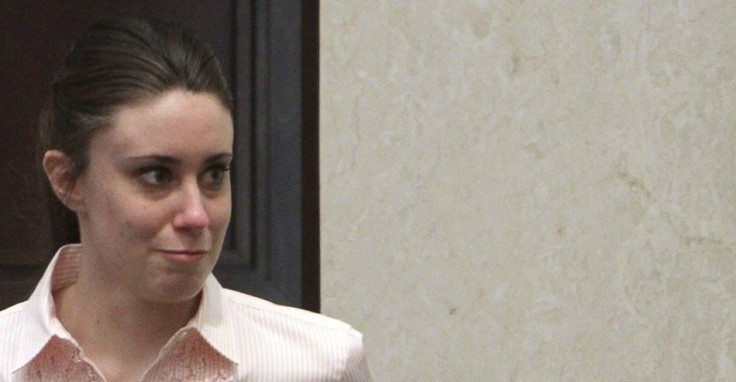Why Casey Anthony can Never be Retried Even If She Says I Did It?

Casey Anthony trial verdict has made a majority of those who have been following the trial gasp in shock. Casey Anthony, mother of the dead two-year-old Caylee Anthony, has been found not guilty of murder, aggravated child abuse, and aggravated manslaughter, but guilty of four misdemeanor counts of providing false information to a law enforcement officer.
While millions are stunned at the verdict and allege that the verdict wasn't fair, the fundamentals of the American judicial system centered on the concept of innocent until proven guilty, required more evidence than what was obtained against Casey.
And the worst thing is that Casey Anthony can never be retried for the murder of Caylee. Even if absolutely irrefutable evidence were to turn up or Anthony herself were to confess to the crime, the rule of double jeopardy applies. The rule of double jeopardy is a procedural defense that forbids a defendant from being tried again on the same or similar charges following a legitimate acquittal or conviction. The rule is designed to make sure the prosecution gets it right the first time.
If Casey were to tried again, she can plea that she had been legitimately acquitted by a court of the same offense, which sets out special reasons by which trial cannot go ahead. In many countries the guarantee against being twice put in jeopardy is a constitutional right; these include United States, Canada, Mexico, and India.
In fact, even if Casey chooses to make some money by confessing to her crime or write an OJ Simpson-style If I Did It type book nothing much can be done to convict her. Since Anthony was found not guilty, laws that prevent criminals from profiting from their crimes also do not apply. Casey Anthony can give paid interviews, pose for Playboy or simply tell everyone she killed her child, and the public will have to sit back and listen. Casey Anthony could potentially make millions of dollars in book, television and movie deals.
© Copyright IBTimes 2024. All rights reserved.






















